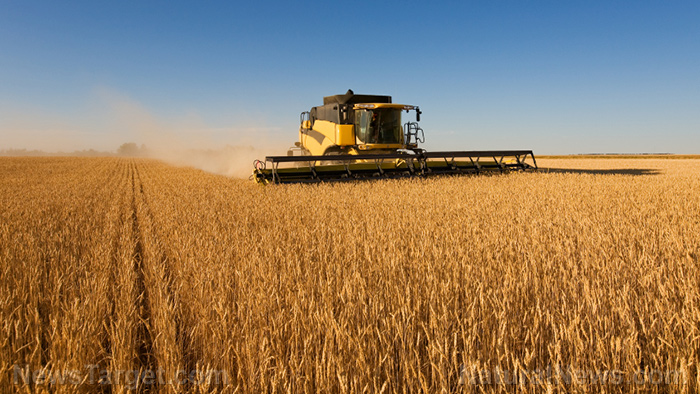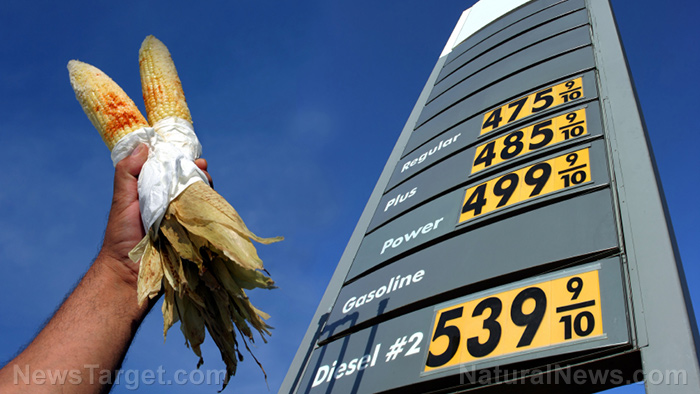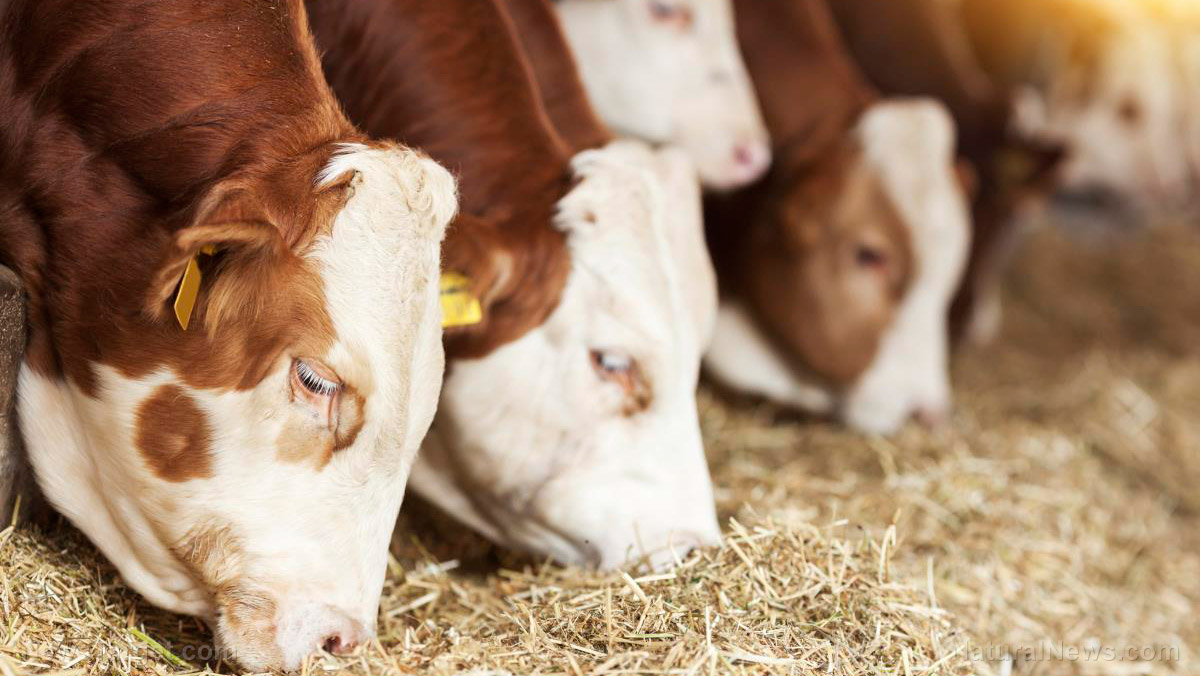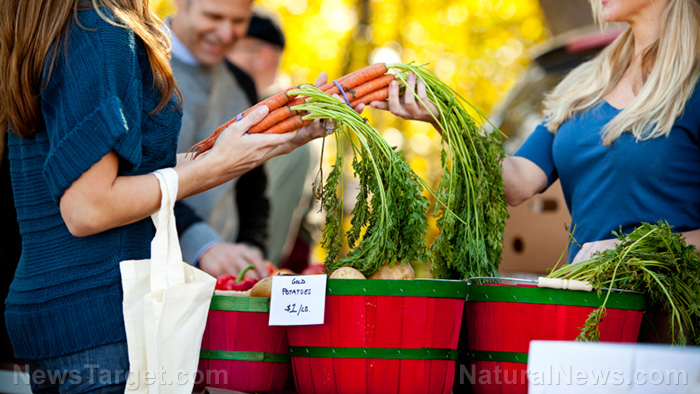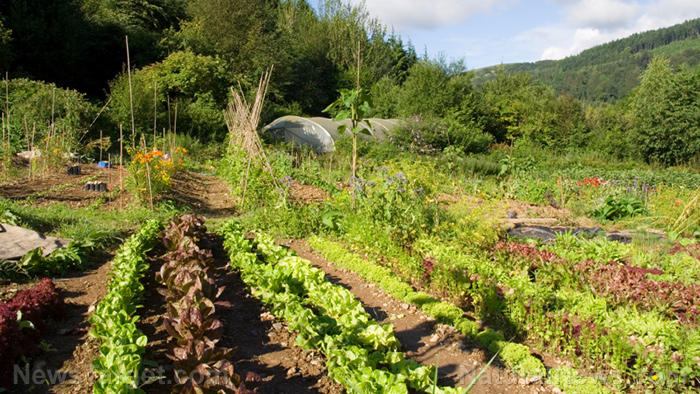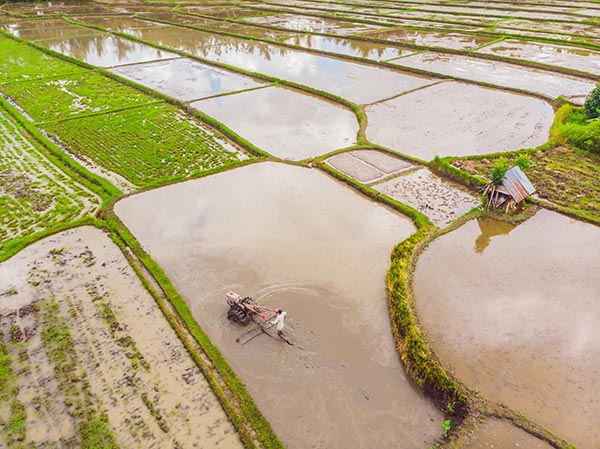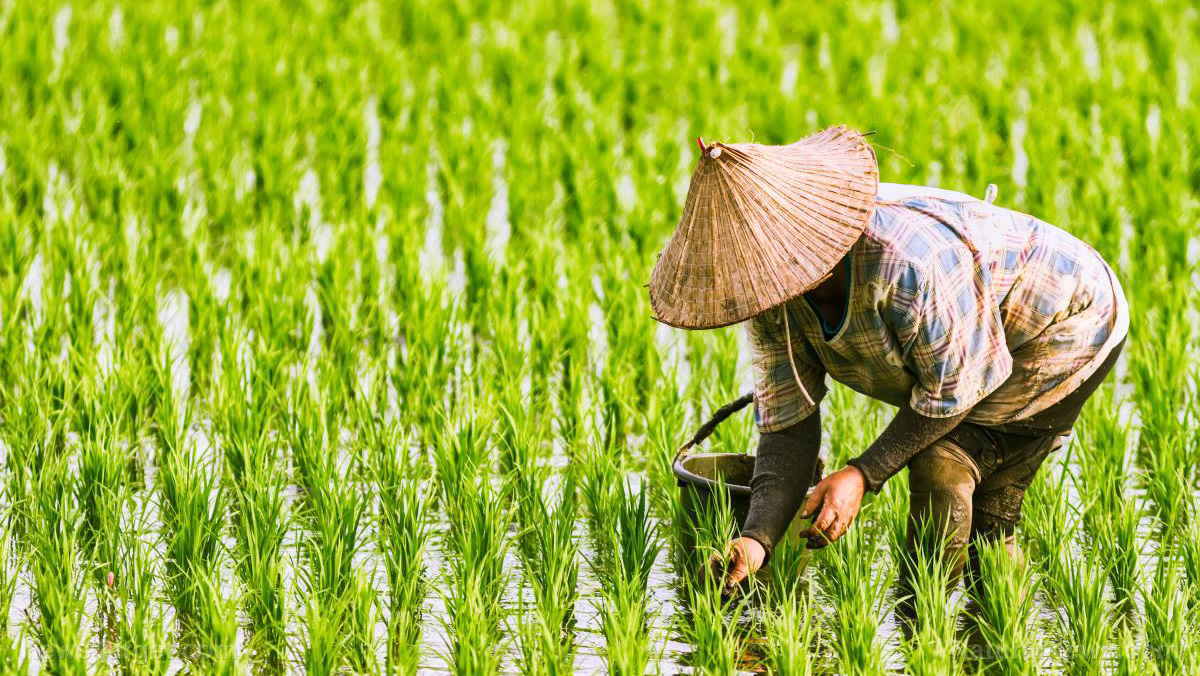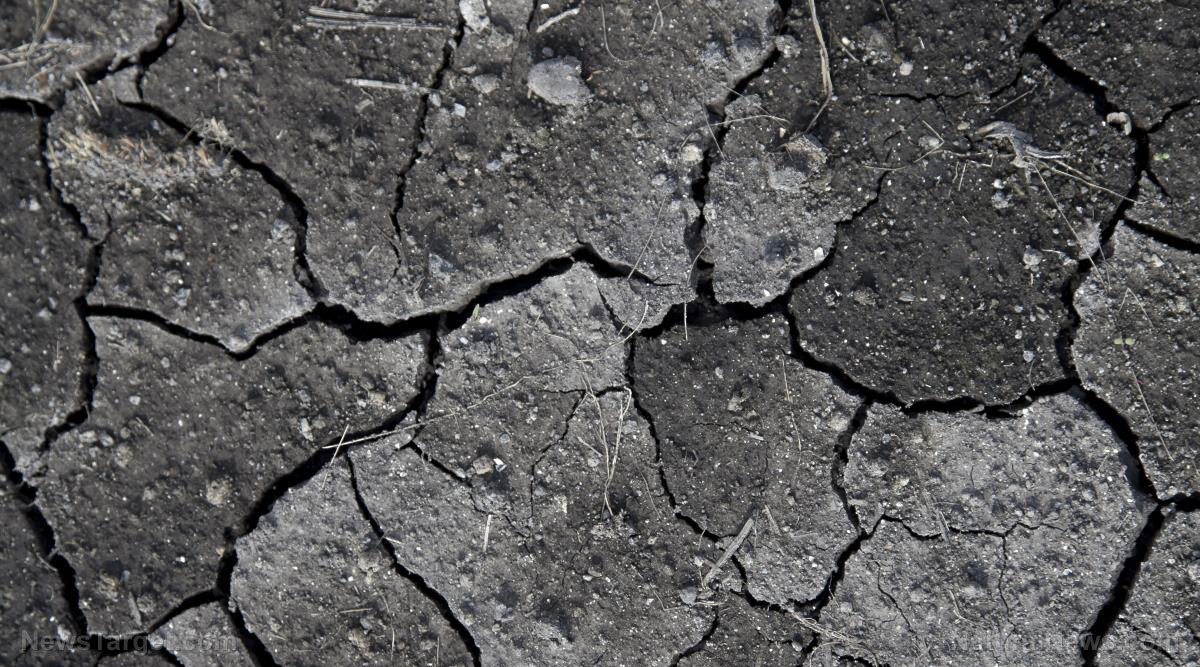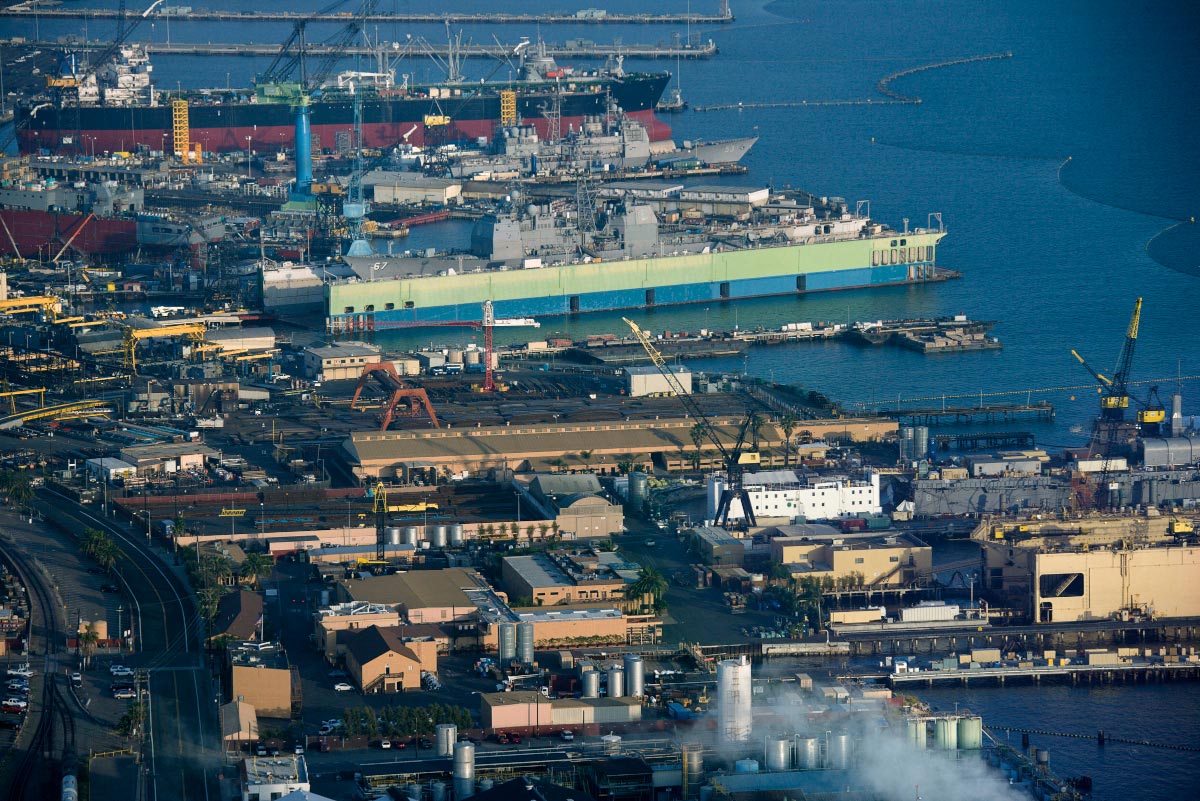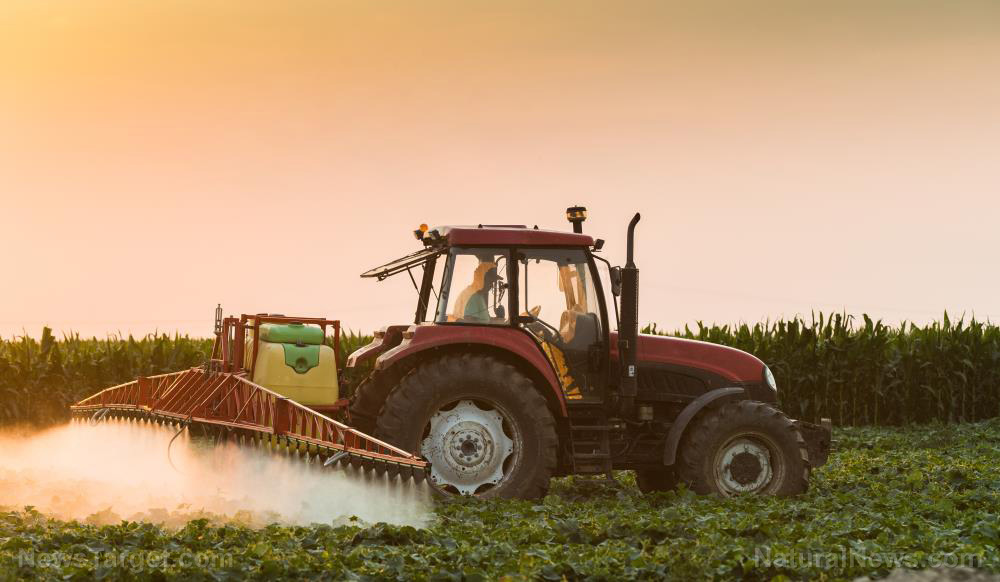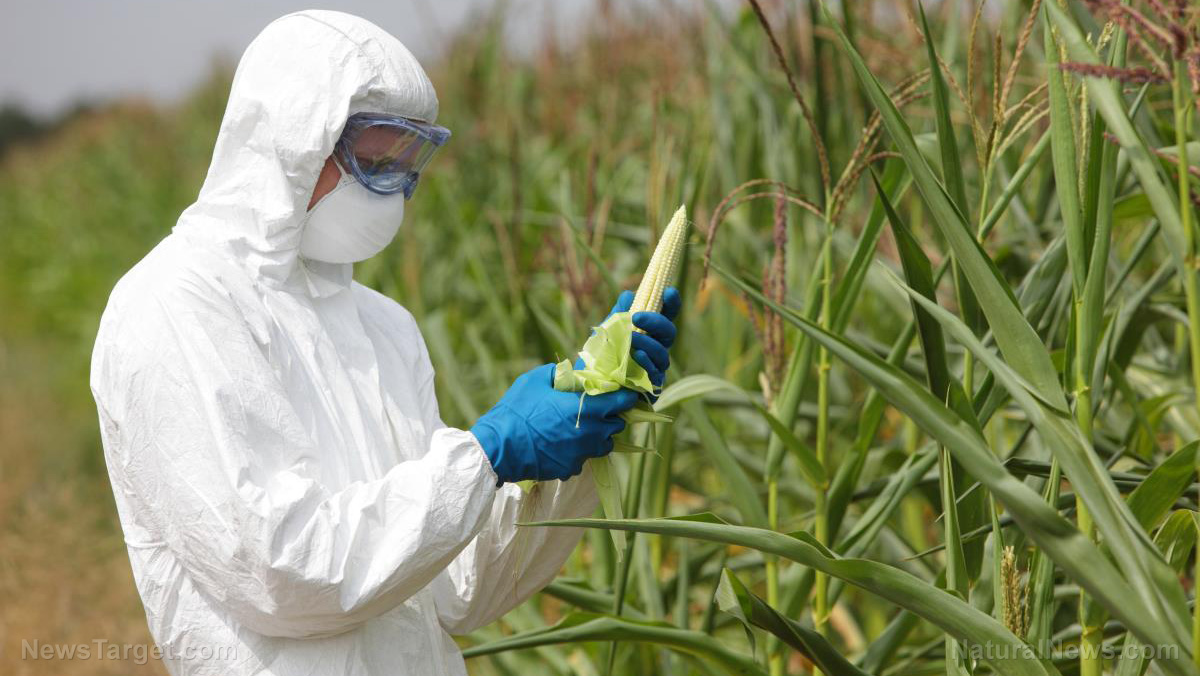Food shortages reached record high in April as inflation continues to skyrocket
05/05/2022 / By Ethan Huff
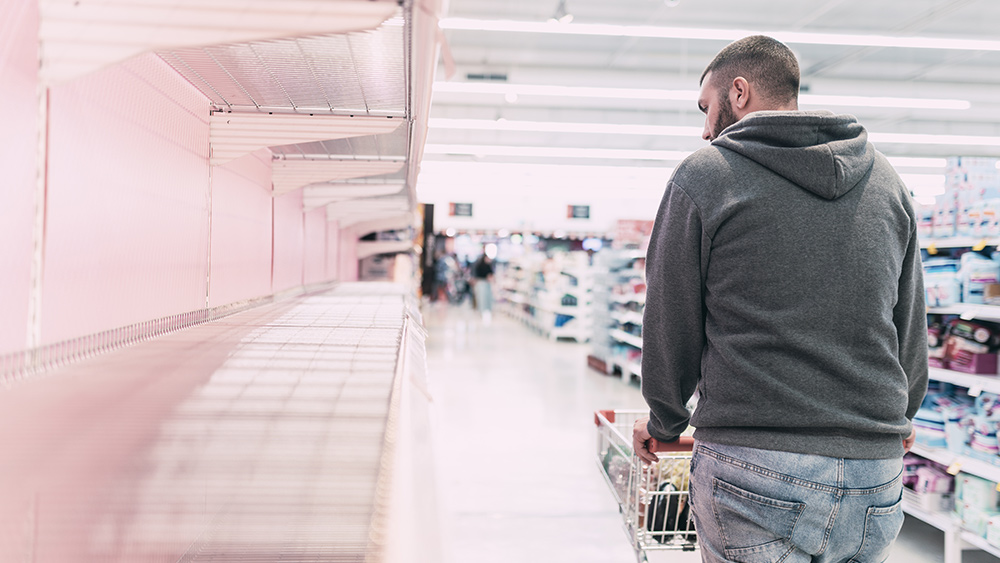
New data from S&P Global shows that food supply shortages reached a record high in April amid the ongoing conflict between Russia and Ukraine.
Manufacturers worldwide reported sustained supply and price pressures last month, and the Global Supply Shortages Index calculated that shortages were just under seven times higher than the normal level.
“Supply shortages surged in April to reach a joint-record level as the war in Ukraine continued to hit global food exports,” said S&P Global economist Usamah Bhatti.
Food prices, meanwhile, are the second-highest they have ever been since records first started being kept. The most impacted sector affecting this is freight capacity, shortages of which have been at their highest since December.
“Transport capacity remains the most severely affected, with reports of a lack of logistical capacity nearly 32 times above the normal level, as vessel shortages and port congestion continue to disrupt the supply of materials,” Bhatti added.
“At the same time, while price pressures eased, firms reported that freight costs were rising at 11 times the normal speed.”
In March, food prices worldwide rose at their fastest pace on record
Last month, United States Treasury Sec. Janet Yellen urged world leaders to try to do something about the problem of rising food costs, even though the corrupt financial system that she partially overseas is responsible for it.
The Food and Agriculture Organization (FAO), an arm of the United Nations, revealed that food prices around the world rose at their fastest pace on record in the month of March, rising 13 percent over the month to 159.3 points – this being an all-time high.
“This threat touches the most vulnerable people the hardest – families that are already spending disproportionate amounts of their income on food. Moreover, the interconnectedness of the global food system means that people on every continent are impacted,” Yellen stated at the “Tackling Food Insecurity – The Challenge and Call to Action” meeting on April 19.
Prior to Russia’s invasion of Ukraine back in February, more than 800 million people were already suffering from what The Epoch Times describes as “chronic food insecurity.” According to Yellen, the conflict “has made an already dire situation worse.”
“I want to be clear: Russia’s actions are responsible for this,” Yellen erroneously added, shifting the blame away from herself and her fellow financial cronies onto Russian President Vladimir Putin.
“But the United States is urgently working with our partners and allies to help mitigate the effects of Russia’s reckless war on the world’s most vulnerable.”
Since Russia and Ukraine are two of the world’s top producers of food, the conflict is affecting food exports. It is creating a ripple effect across the planet, and even the American food supply is feeling the hit.
In many countries, staple products like wheat, maize, rapeseed, sunflower seeds, and sunflower oil largely come from Russia and / or Ukraine. New protectionist measures are impacting this, as are freight backlogs and other supply chain issues.
“Shippers said that factors including a string of labor supply cuts, storing locomotives to save fuel, and increasing train length to as long as three miles (4.8 km), have contributed to the delays, and created more congestion,” the Times reported.
“However, rail carriers blame the delays on extreme weather and a surge in demand at the end of last year along with the impact of the COVID-19 pandemic.”
Trade unions are also blaming disruptions and delays on a lack of workers.
“The notion that our nation’s food supply chain is threatened by the continued negligence and intransigence of the railroad industry is both stunning and unacceptable,” said Transportation Trades Department of the AFL-CIO President Greg Regan about how all of the major U.S. rail lines have been cutting employment for at least the past five years.
As the world crumbles, you can keep up with the details at Collapse.news.
Sources for this article include:
Submit a correction >>
Tagged Under:
chaos, collapse, crisis, food collapse, food inflation, food prices, food supply, freight, inflation, panic, Plandemic, products, Russia, scarcity, shipping, supply chain, Ukraine, World War III
This article may contain statements that reflect the opinion of the author
RECENT NEWS & ARTICLES
WorldAgriculture.News is a fact-based public education website published by WorldAgriculture News Features, LLC.
All content copyright © 2022 by WorldAgriculture News Features, LLC.
Contact Us with Tips or Corrections
All trademarks, registered trademarks and servicemarks mentioned on this site are the property of their respective owners.

